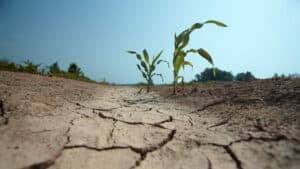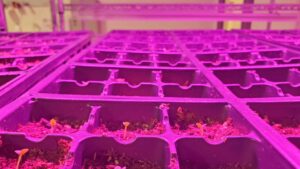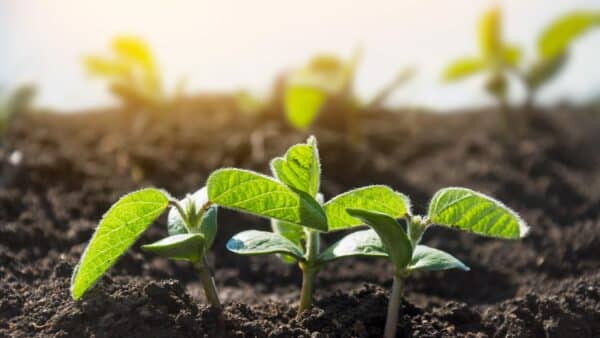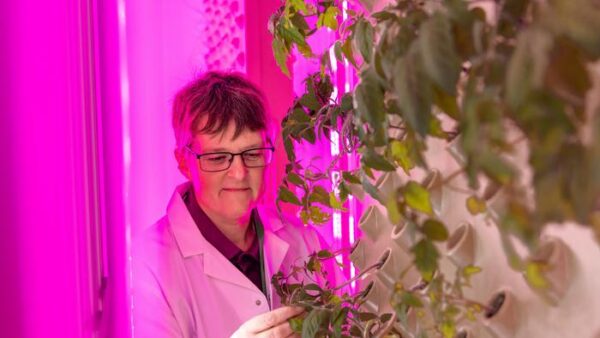For most of our long history, humans have bred plants to meet our changing needs. Now, the stakes are even higher. With the climate changing fast and more mouths to feed than ever, plant breeding is arguably more important than it has ever been before. We’re looking to plant breeding to help our crops withstand immediate weather challenges like drought and heat, tackle rapidly spreading or changing pests or disease; and produce more when resource, whether that’s land, water or inputs, are limited.
On our Oct. 18 episode of Seed Speaks, we tackled a big topic: How can plant breeders breed for more climate resilient agriculture? We dug into the kinds of stressors, both biotic and abiotic, that a changing climate is going to bring (and in some cases is already bringing), and discussed what resources, technologies and support plant breeders need to keep up. We also talked opportunities, both on the plant side (such as opportunities for plants that mitigate emissions) and on the research end (opportunities for collaboration between companies and between nations).
For the conversation, we were pleased to be joined by two guests who are renowned experts in the field of climate resilient agriculture:
Matthew Reynolds works near Mexico City as a distinguished scientist and head of wheat physiology at the International Maize and Wheat Improvement Center (CIMMYT). He’s author of a research study entitled: “Harnessing translational research in wheat for climate resilience”. One of Reynolds key roles has been developing global consortia to tackle the challenge of climate change.
Patrick Byre is a professor emeritus of plant breeding and genetics at Colorado State University. He has written several studies relating to the topic of climate resilient agriculture, including “Plant breeding for climate change: opportunities for adaptation and mitigation” and “Climate change impacts agricultural productivity and food security”. Byre’s most recent work has been as science communicator working with the USDA especially relating to plant genetic resources.












